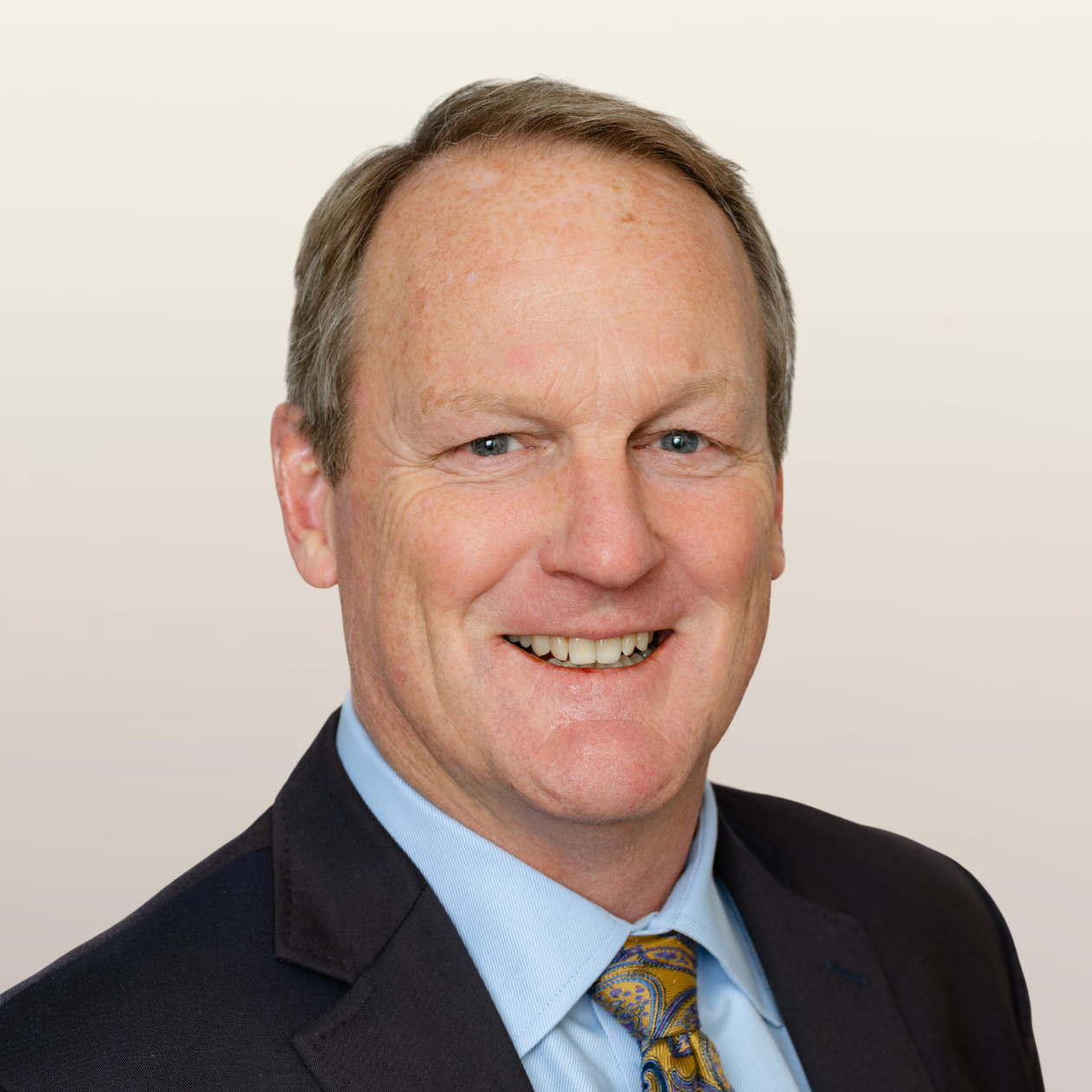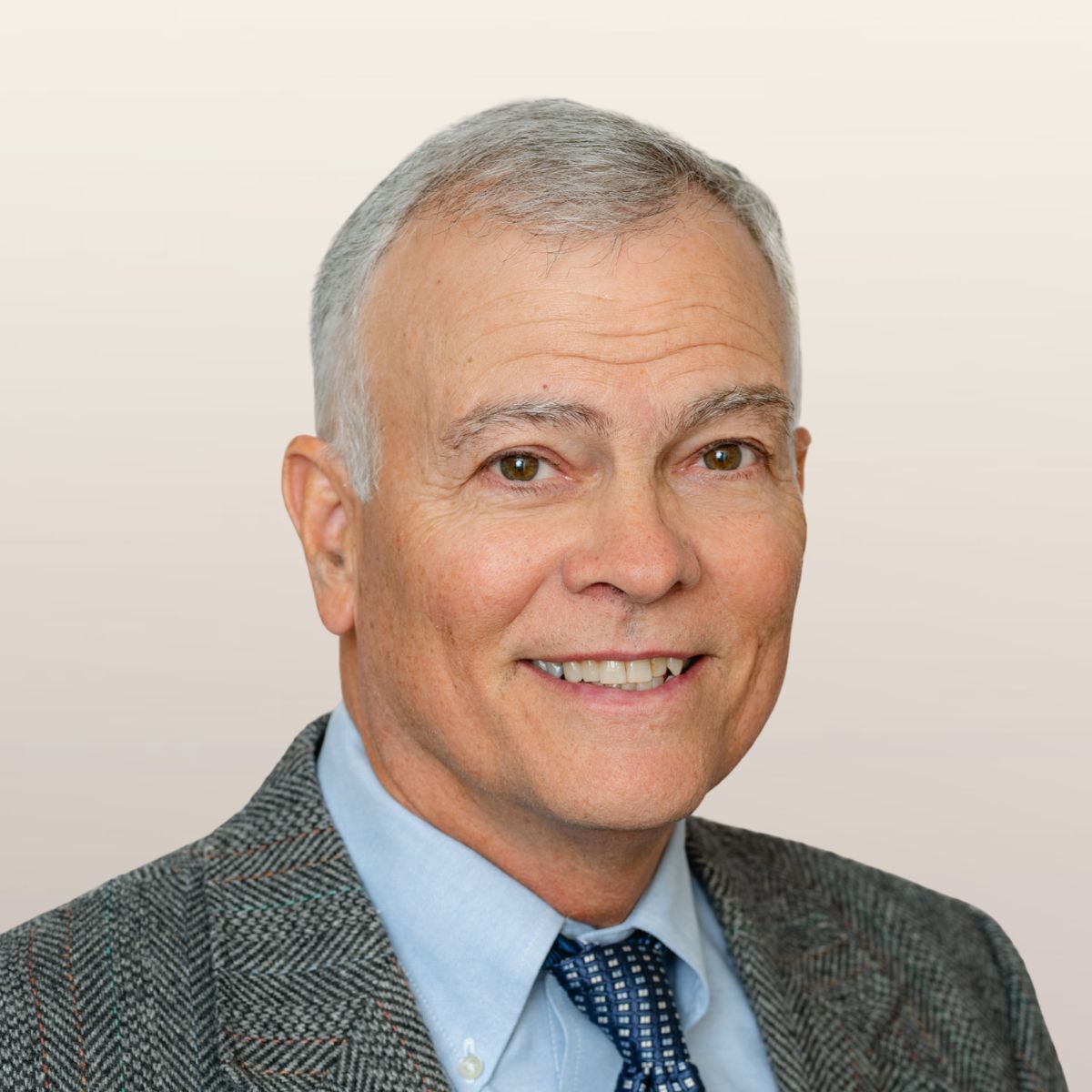UNITED STATES v. HANDY: Opening Statement of Martin Cannon on Behalf of Lauren Handy

The opening statement below was delivered by Martin Cannon, Thomas More Society Senior Counsel, on behalf of Lauren Handy, in United States of America v. Handy, et al. on August 16, 2023.
MARTIN CANNON:
Good morning. Can you hear me all right?
Well, as you probably already know, my name is Martin Cannon. I represent one of the defendants in this case, Lauren Handy, who you've already heard a lot about. I very much appreciate the time that you all have basically put up with over the last week just doing this jury selection process, and I would point out that, as much of a burden as that is, this is such an important thing, that that time is really well-spent.
I'm sure I speak for all of us when I say that we appreciate the time, your tolerance of it, and your frankness during the discussions that we've had.
Now, this is the part of the case you've maybe heard of being referred as the opening statement. Sometimes you hear it called an opening argument. I want to point out that this is not a time to argue our case, nor to suggest details about the evidence that may or may not find their way into the evidence.
It is our time to give you kind of a heads-up, really, on two things. Primarily, what the evidence will show; and, secondarily, just give you a few pointers that we'd like to have you keep in mind as you hear the evidence or see it.
Now, there are five defendants, so our openings are likely to be a good deal shorter. We'll try to do that. What the evidence will show is that Lauren Handy is a pretty typical young lady. She's 29 years old as we stand here today; younger when the events in question occurred. Typical family. Her father was military, earned a Bronze Star; her mother worked for the Department of Social Services.
She went to a state college with an interest in art and art history, art restoration. She had ideas about working in a museum later on. Very importantly, she's a reader. She reads everything. She has a particular interest in history and art history, and she has collected a significant library of books on that subject and others, and she's read every single one of them.
Importantly, she was not, in college, politically active at all. She leaned very progressive, as she still does today. And that's interesting because her entrance into the pro-life activism was kind of a fluke. But that journey has been highlighted by three—two, probably three, pivotal moments, and the last of those was when Lauren Handy saw a video.
That video utterly convinced her that at the clinic in question here babies were being born alive and left to die. Nobody in this courtroom, not the government, not the judge, is going to tell you that such a thing is legal; that such a thing is reproductive health care; or that such a thing is protected by the statute under which our clients are charged.
But that experience informed and motivated everything Lauren Handy did from that day forward, including the events charged here. Under the law, that matters. Intent matters. Why did they go in there? You have to decide that question.
That brings us to this particular case. Now, the evidence will show that as the government has told you, many of the things the government alleges happened are true. Lauren will dispute important details. And, of course, they are important. The evidence will also show that the things the government alleges are not the only things that are true. There's more to the story, as you've heard.
It's going to be up to you to decide whether that makes a difference. So when you hear and you see what the government puts on, just remember that I, too, told you, you will hear that stuff and see it. It's not going to be a surprise. Keep an open mind. Lauren has her side. And at the end of the case, we'll talk about those things some more.
Now, finally—I guess we're at the pointers part—out there in the world, everyone can have an opinion. In this courtroom, only one thing matters, and that is the law. We will not be asking you to overlook it. We will be asking you to apply it. When the government chooses its charges, it takes upon itself the burden of proving them. You will be asked to hold Lauren Handy to the law. You all took an oath. Hold the government to it also. Thank you.





